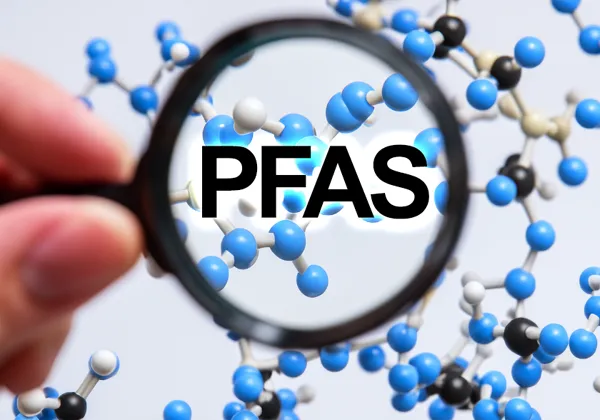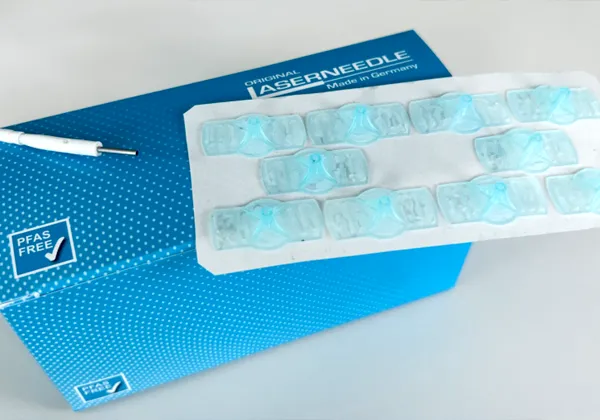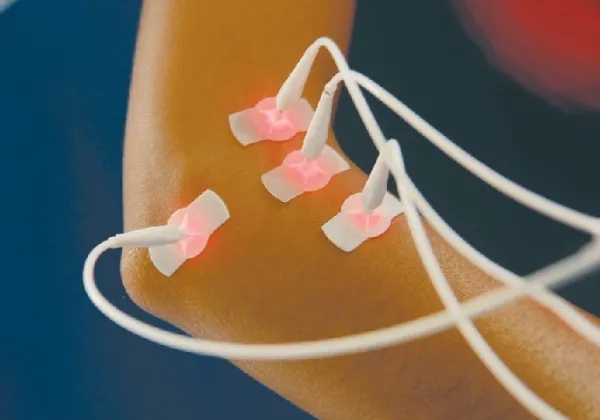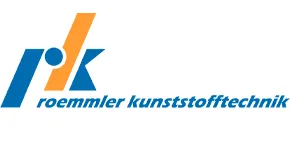Focus on innovation: PFAS-free solutions for medical technology
Future
PFAS - a global concern
Choose PFAS-free medical devices and rely on our pioneering products for more safety and sustainability for our planet and especially the soil we live on.
Per- and polyfluorinated alkyl compounds (PFAS) are chemicals that are used in many medical products but can have negative effects on health and the environment. We have made it our mission to rid the medical sector of PFAS. Many years of research have led us to our first PFAS-free product.
insight
Problem
PFAS are the eternal chemicals that affect us all and yet hardly anyone knows about them; there are more questions than answers. PFAS are part of our lives; in our daily environment, in sport and leisure, in medicine or even in heat pumps, child seats and every smartphone. However, as the chemicals are harmful to health and are now found in the air, water and soil and can also be detected in the blood, it is not a bad idea to avoid PFAS as far as possible.
- Increased risk of cancer
- Impairment of the endocrine system
- Causing developmental disorders in children
- Environmental pollution
Future
Innovative medical adhesives - PFAS free
Opt for PFAS-free medical products and rely on our pioneering products for more safety and sustainability in patient care.
We have produced the first product to date with PFAS-free adhesives. We enable skin applicators for medical purposes as a completely PFAS-free solution. This applies to all materials from pads / adhesive / liner / cardboard which are still labelled with PFAS by competitors and conventional products.
The skin contact adhesive, which must not trigger any allergies and must safely repel skin grease/sweat, seemed particularly important and almost impossible to avoid. Here we offer you the complete solution with a completely PFAS-free formulation for all elements from the carrier to the packaging material.
Our challenge – avoidance of PFAS-containing adhesive tapes with skin contact, liner definition with requirement for rejection of PFAS-free adhesives, which should not leave any residue on the liner. The adhesives must not remain on the patient’s skin. Even tight radii, such as the front joint of the patient’s index finger, must be mastered by the pad and must not fall off during laser treatment. The focus here is on ensuring the greatest possible freedom from allergies.







